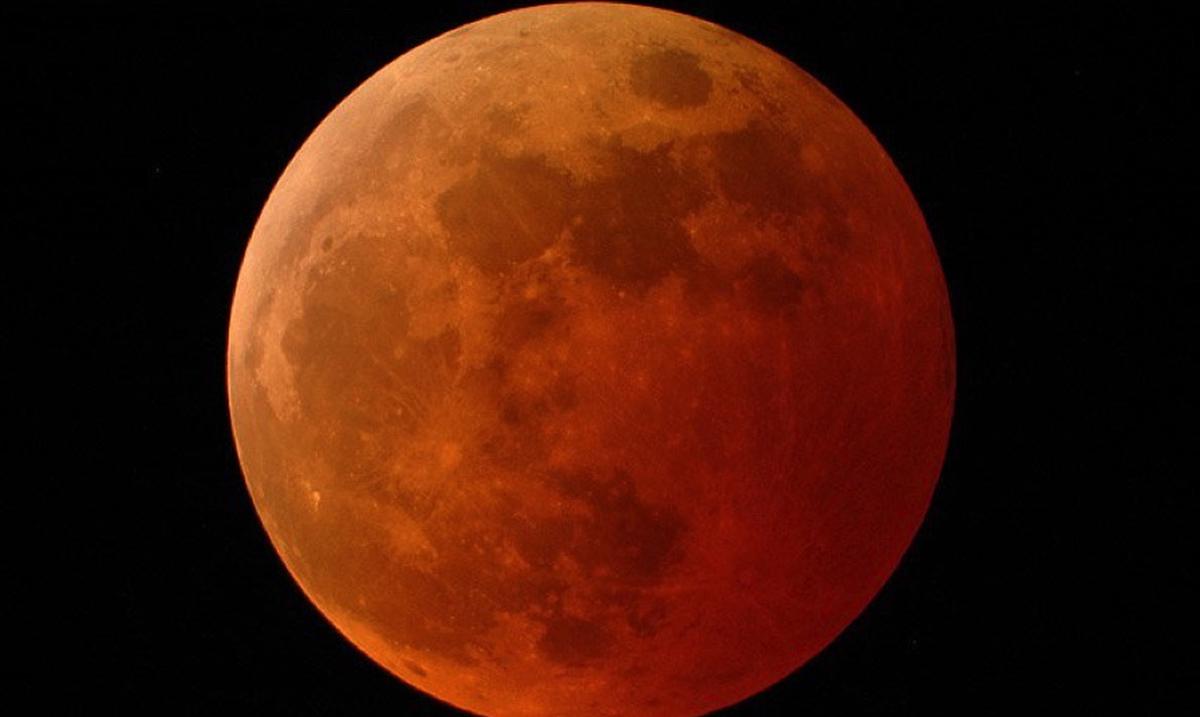The Astronomical Society of Puerto Rico (SAPR) Organization approved Pot The Puerto Rico Space Grand Consortium is reporting last until dawn this Tuesday, November 8. lunar eclipse 2022, an astronomical event visible to the naked eye from anywhere on the island.
A lunar eclipse occurs when sunlight is filtered through Earth’s atmosphere and falls on our natural satellite as a direct shadow (umbra), giving the Moon a reddish-orange color at the time.
“On this occasion we will have a slightly different eclipse than we are used to Puerto Rico “It will begin its partial phase at 5:09 a.m. and reach its totality from 6:16 a.m. to 6:29 a.m. when the moon turns orange-red and sets on the western horizon at sunrise,” said Prof. Juan Villafán, member of the SAPR and Access.
For his part, Professor Cesar M., President of OCCAE (an independent organization affiliated with SAPR) and member of the NASA/JPL Solar System Ambassadors Voluntary Education Program. Lopez comments, “The Moon has always been one of the most studied extraterrestrial objects. It is close to us. Now more than ever, due to the advancements in space exploration, it takes on the highest importance, for example, the purpose of the Artemis mission is to establish a stable presence on the Moon. Although it was not a colonization project, it would be one of exploring the possibility of human survival outside of Earth.
Lopez added, “There is already a lot of research being done on how to use lunar resources to create alternatives that would allow astronauts to extend their time on lunar soil. Astronomy is therefore the foundation of research from Earth to understanding natural phenomena on the Moon. What happens on the Moon during an upcoming eclipse?” ?Let’s experience these astronomical events that spark our curiosity and creativity”.
SAPR concluded that the eclipse could also be seen in other parts of the planet, such as North and South America, Asia, Australia and the Atlantic, Pacific and Indian Oceans.
SAPR invites astronomy fans to post photos of the eclipse on its Facebook page. https://www.facebook.com/saprinc





